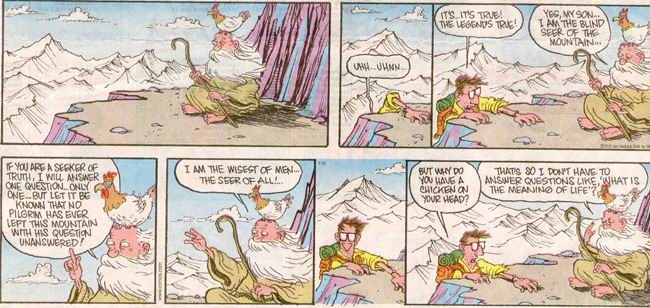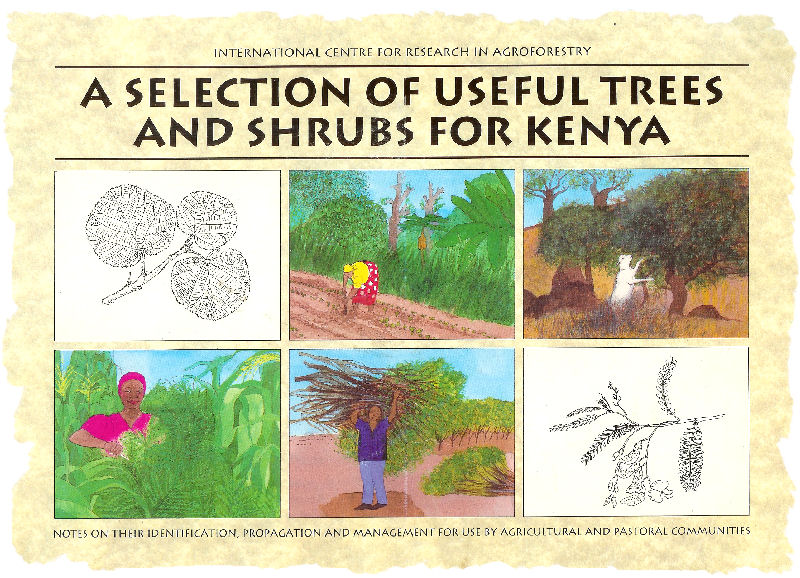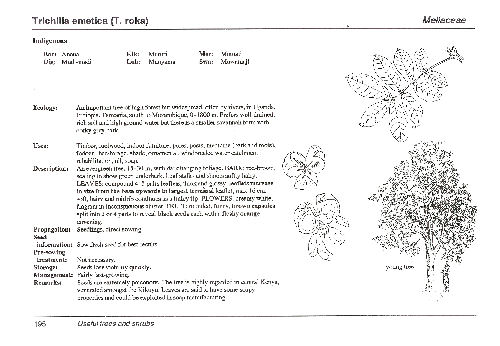Mbuzimoja asked me about some present figures on the water & sanitation situation in Nairobi, so I took this opportunity to superficially scan all those various pdfs, docs and xls files I had gathered on my computer for any information which might help her on her current project.
“Linking sustainability with demand, gender and poverty”, it said on one document.
Ati??!
Maybe I am just way tooooo simple and naive, but whenever I open a document where I read keywords such as MDGs, sustainability, gender, poverty, Worldbank, UN, UNxxx, stakeholders, policy, NGO, framework, indicators, capacity building, community, etc. etc. – I scratch my head and wonder about:
a) who’s supposed to actually read all these papers? *yawn*
b) does the production of these papers with the theoretical outlining change anything in affected areas?
c) what do the authors feel about their work?
d) how come no one complains about all these keywords if, in reality, maybe about half of the world’s population doesn’t even know what sustainability actually means?
Sure, it’s good to have a plan and/or a strategy, but real change – in my opinion – comes with actions. Think of Wangari Muta Maathai and you get the picture. Did she ever require sexy keywords to get her message across although she’s dealing with different stakeholders on different levels? No.
I had this professaaa in universitiy who used to be the Senior Advisor to Martha Karua when the latter one was still in charge @ Maji House, and I once told her straightforward that I just couldn’t stand all these theoretical models on how to tackle environmental issues. In this complex world, where problems relate to each other and address different levels, there’s no holistic model which could explain everything. Instead, I think, we already know what to do (like Wangari did) and just start somewhere. After all, actions speak louder than words. But then, the culture of debating issues and elaborating various plans is something, some folks in Kenya have brought to perfection.
Point is: development aid is a business. And so are these useless, keyword-enriched papers whose only purpose is to keep the money flowing.
I urgently need my own business. Yeah, now that’s my dream :-)
p.s.: i am currently dreaming about a business plan that comes without any sexy keywords. something simple that instantly sells to investors…



